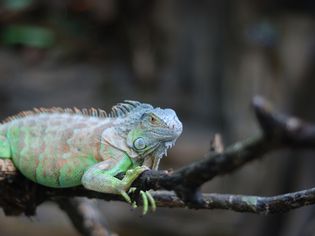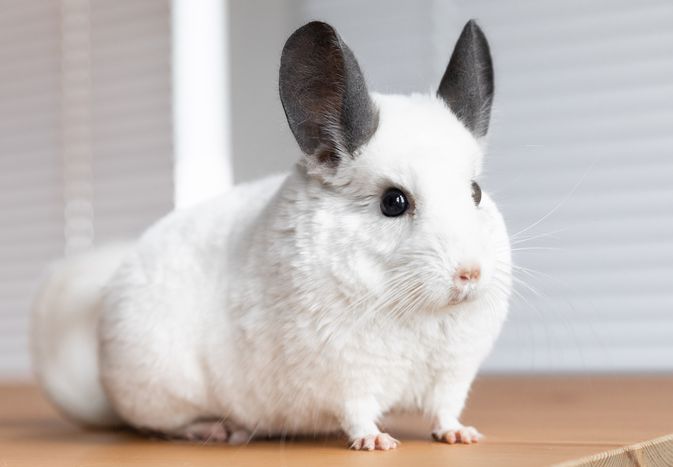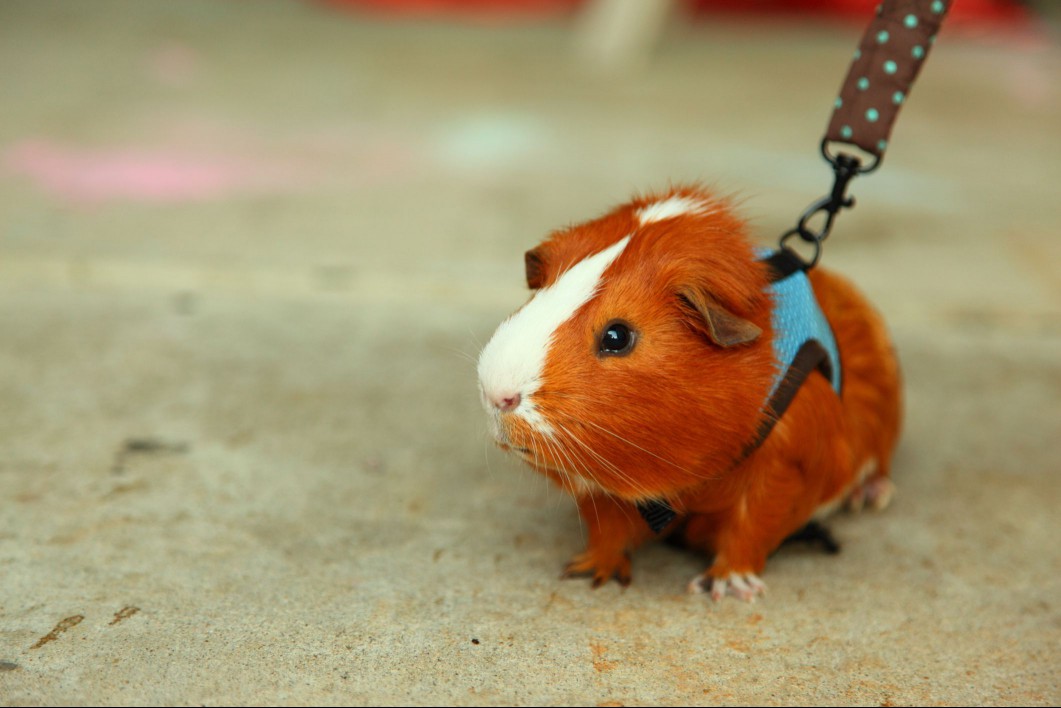
Preventing Dental Disease in Rabbits Through Diet and Care
Dental disease is the most common health issue in pet rabbits—up to 80% develop malocclu...
Introduction
Kittens often acquire intestinal parasites via the mother or the environment. Regular deworming is essential to safeguard growth, prevent anemia, and avoid zoonotic transmission. This guide provides a comprehensive deworming schedule, dosage guidelines, and best practices to ensure your kitten thrives.
Common Parasites: Roundworms (Toxocara cati), hookworms (Ancylostoma tubaeforme), and coccidia.
Health Risks: Untreated infections can cause stunted growth, diarrhea, vomiting, and in severe cases, death.
Transmission to Humans: Some feline parasites can infect children and immunocompromised adults.
2 Weeks Old
Medication: Pyrantel pamoate suspension.
Dosage: 5 mg/kg orally.
Goal: Eliminate early roundworm and hookworm infections derived from nursing mothers.
4 Weeks Old
Medication: Repeat pyrantel pamoate or switch to fenbendazole if multiple parasites suspected.
Dosage: Pyrantel pamoate 5 mg/kg OR Fenbendazole 50 mg/kg once daily for 3 days.
6, 8, 10, and 12 Weeks Old
Medication: Rotate between pyrantel pamoate and broad-spectrum dewormers (fenbendazole or selamectin for external parasite prevention).
Dosage: Follow package recommendations and veterinarian instructions; typically, pyrantel pamoate 5 mg/kg or fenbendazole 50 mg/kg for three days.
16 Weeks Old
Medication: Final kitten dewormer dose prior to first rabies vaccine.
Dosage: Consult veterinarian for combination deworming based on fecal exam findings; often includes pyrantel and praziquantel.
Initial Check: Perform a fecal float at 8 weeks to identify resistant or uncommon parasites (e.g., Giardia).
Follow-Up: Recheck fecal samples at 12 and 16 weeks to confirm elimination.
Pyrantel Pamoate: Safe for young kittens, effective against roundworms and hookworms.
Fenbendazole (Panacur®): Broad-spectrum; covers roundworms, hookworms, whipworms, and some tapeworms.
Selamectin (Revolution®): Monthly topical that covers intestinal parasites, fleas, and ear mites; safe from 6 weeks onward.
Observe for Side Effects: Mild vomiting or lethargy may occur; contact veterinarian if severe.
Maintain Hygiene: Disinfect bedding, litter boxes, and toys to prevent reinfection.
Supplemental Care: Provide high-quality kitten food to support recovery and growth.
Conclusion
An age-specific deworming schedule—starting at two weeks and continuing through 16 weeks—ensures kittens remain parasite-free. Combined with regular fecal exams, appropriate product selection, and vigilant hygiene, your kitten will grow into a healthy adult cat.

Dental disease is the most common health issue in pet rabbits—up to 80% develop malocclu...

Kittens are bundles of energy, curiosity, and—let’s face it—sharp little teeth and c...

While dogs often receive most attention for separation anxiety, many cats also suffer stre...

Switching your puppy’s food is not a decision to take lightly — especially when it com...

IntroductionRegular ear cleaning is vital for preventing infections, wax buildup, and disc...

The Chinese fire belly newt (also called the oriental fire belly newt) and the Japanese f...

Iguanas are one of the most popular pet lizards. They are native to Central and South Ame...

There is a range of small rodents commonly kept as pets. Some are fairly easy to tame and...

Guinea pigs are popular kid's pets for several good reasons, but this doesn't mean they a...
Comments on "How Often to Deworm Your Kitten: A Complete Guide" :